
This logo isn't an ad or affiliate link. It's an organization that shares in our mission, and empowered the authors to share their insights in Byte form.
Rumie vets Bytes for compliance with our
Standards.
The organization is responsible for the completeness and reliability of the content.
Learn more
about how Rumie works with partners.
"Incorrect password, please try again."
"Please use the code sent to your mobile device to log in."
"Please enter the last three letters in your street name."
 Photo by Elisa Ventur on Unsplash
Photo by Elisa Ventur on UnsplashThis can be incredibly frustrating to hear or see regularly. It feels more and more like we're bombarded with pins, passwords, and other protective measures.
But without these measures, it’s much easier for others to steal your information and use it to their advantage.
Stay alert and protect yourself!
What is identity theft?
This can be done by using your name, address, or financial information.
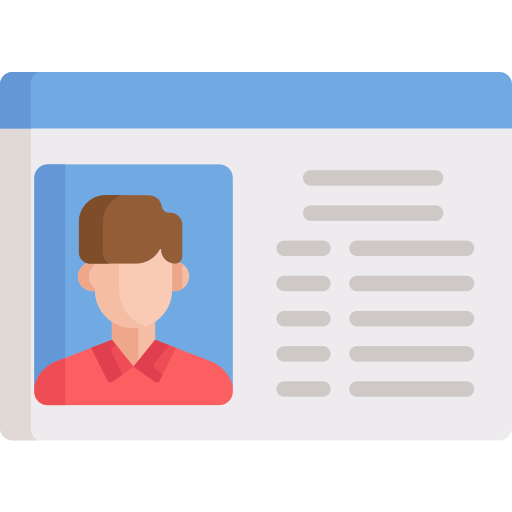
And with the rise of technology, it could also mean using your social media accounts, email addresses, or phone number.

Quiz
Which of the following is NOT an example of identity theft?
Even though it's unpleasant, if you've dropped cash on the ground, the person who picks it up is stealing your property, but not your personal information or identity.
When your identity has been stolen...
The thief gains a lot of power. Depending on the way your identity has been stolen, the consequences vary, but they're never good.

For example, if you have had your credit card information stolen, the thief might make numerous purchases or engage in strange purchasing habits that will impact your credit score.
On the other hand, if someone has gained access to your social media accounts, they may attempt to scam your followers or post strange content.
It's important to take action right away!
What to do if you're a victim of identity theft
If your personal or financial information has been stolen, you should:
gather records of all unusual activity
look up the recommended method of reporting in your area (ex: police, specialized fraud hotline)
contact your financial institutions and let them know what's happening
reach out to theft support services if they are available in your area
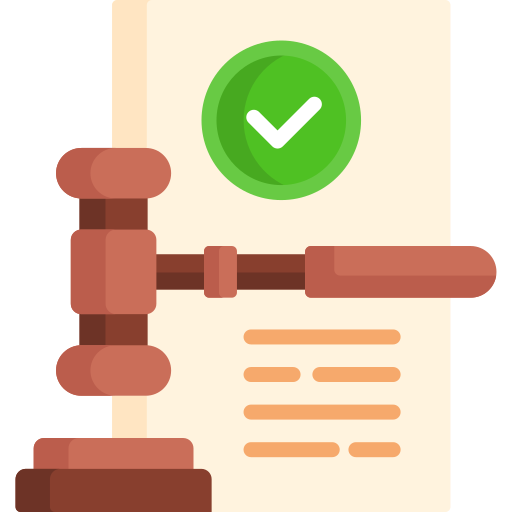
If your social media has been compromised:
change your passwords and force all devices to log out
let your followers know
take legal action if you've been severely defamed
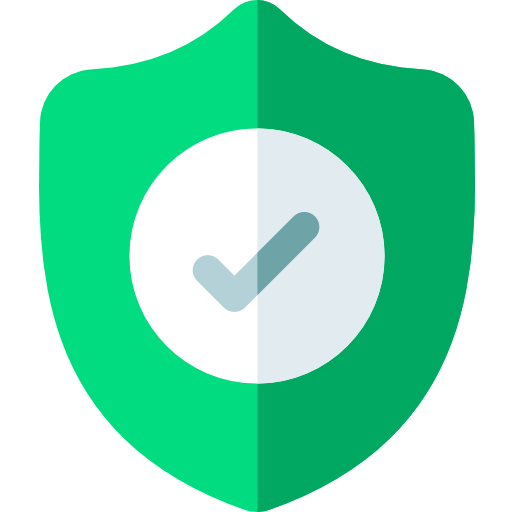
Quiz
If the person stealing your social media identity messages you, you should:
You should record all activity relevant to the theft of your identity so that you can make a comprehensive report to relevant support services. Trying to contact them, threatening them, or giving into their demands will not help.
Protecting Yourself from Identity Theft
 Don't:
Don't:
share your passwords or pins with anyone
share personal information on social media
follow links sent by people you don't know through emails or social media platforms
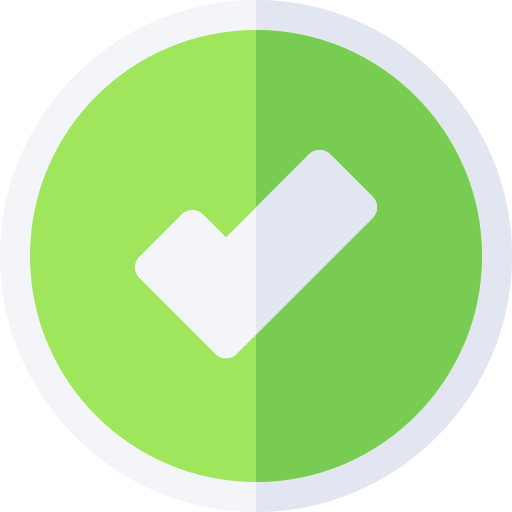 Do:
Do:
report suspicious activity to prevent more theft
stay up to date with your privacy settings
create strong passwords
set up added security functions when possible (ex: password + code sent to your phone)
Quiz
An unfamiliar user sends you a direct message with a suspicious link asking you to sign "a petition to end world hunger". What should you do? Select all that apply:
Block and report the user. You shouldn't click the link because you don't know who is sending it to you and what it actually is. If you want to sign that kind of petition, you should search for it on the web and make sure it's from a trusted source!
Take Action
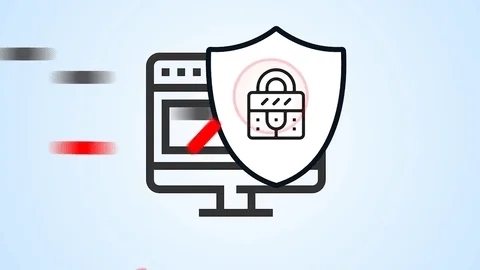
If you know anyone that may be vulnerable to scams and tricks online, please let them know what you've learned. You can also...
This Byte has been authored by
Amelia Forgione
eLearning & Instructional Design Student
